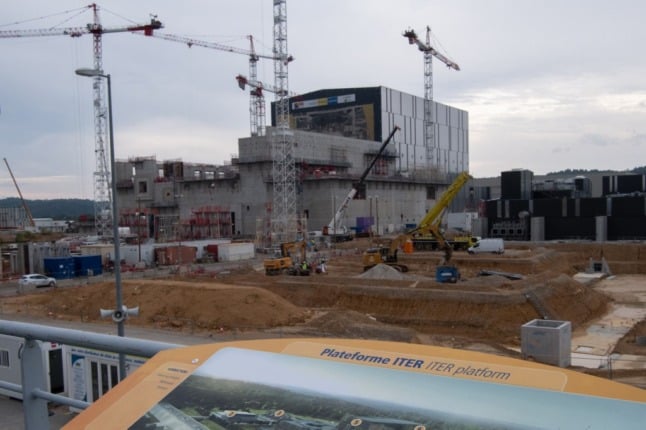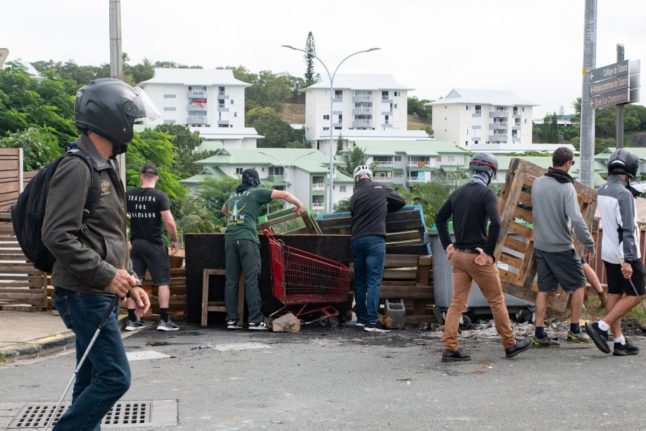“To guarantee France’s energy independence and achieve our objectives, in particular carbon neutrality in 2050, we will for the first time in decades relaunch the construction of nuclear reactors in our country,” Macron said in an address to the nation.
“If we want to pay for our energy at reasonable prices, we need carbon-free energy,” said the President who said the new reactors would be the third generation EPR (Evolutionary Power Reactor) reactors.
“These investments will allow us to step up and meet our commitments as the COP26 in Glasgow closes,” he added.
In October Macron had already announced that France would spend one billion euros by 2030 in “disruptive innovation” to produce atomic power, notably by designing compact nuclear reactors known as “small modular reactors” (SMRs) with improved nuclear waste management.
Macron had asked French electricity giant EDF to study the feasibility of more next-generation EPR reactors.
EPR reactors – which use a pressurised water design – promise advances in safety and efficiency over conventional reactors while producing less waste.
But EDF has faced serious problems rolling out the technology and has managed to sell just a handful of the reactors as construction problems piled up.
EDF has been building an EPR reactor at Flamanville along the Atlantic coast of northwest France. It was originally set to go online in 2012 but the project has been plagued by technical problems and budget overruns.
France relies on nuclear power for nearly 72 percent of its electricity needs. The government initially wanted to reduce this to 50 percent by 2030 or 2035 by developing more renewable energy sources.
In his speech on Tuesday night Macron called for greater investment in green energy without adding more detail.



 Please whitelist us to continue reading.
Please whitelist us to continue reading.
A good initiative though I am curious to know where they source their U-235 from (genuine question as I have no idea).
Australia has the largest uranium reserves, but the US and Canada are also among the top producers. So are Germany and Ukraine. There are many sources, and plenty of it.